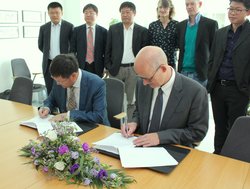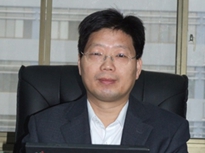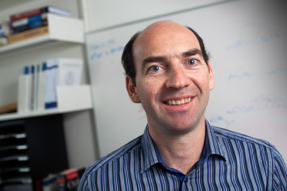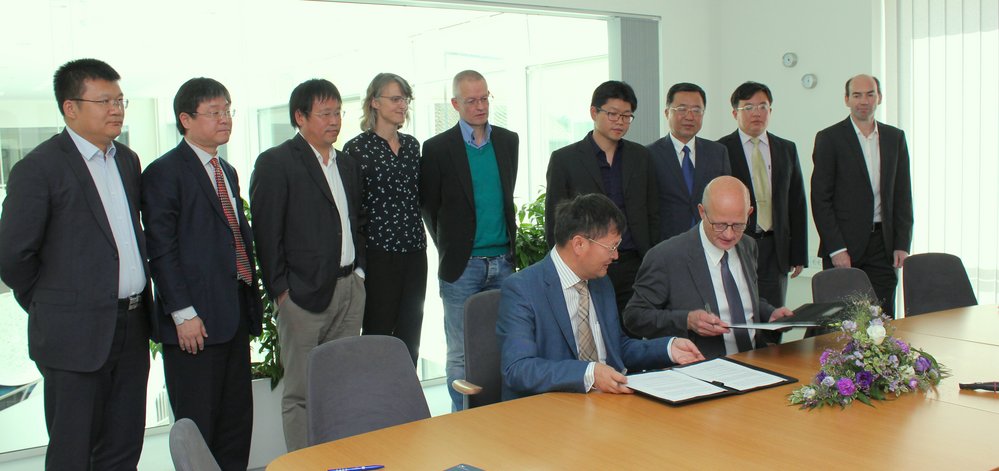Chinese students from Beijing University of Chemical Technology coming to iNANO in order to start Nanoscience PhD studies
New agreement signed between AU Science & Technology and Beijing Advanced Innovation Center for Soft Matter Science and Engineering, Beijing University of Chemical Technology in order to strengthen the co-operation between the universities.
Excellent students who are enrolled in a Master’s degree programme at Beijing Advanced Innovation Center for Soft Matter Science and Engineering (BAIC), Beijing University of Chemical Technology (BUCT) can be considered for the 3-year Nanoscience PhD study at Graduate School of Science and Technology.
The aim of this agreement is to set up the framework of a research and education co-operation between Science & Technology (AU-ST) and BAIC. The present agreement covers a period of five years where 5 BUCT students may be enrolled in the Nanoscience PhD programme every year and the PhD studies will be facilitated by grants from China.

Beijing Advanced Innovation Center for Soft Matter Science and Engineering (BAIC): The research in BAIC addresses fundamental problems across soft matter science including naturally occurring soft matter systems, ranging from biological functions like ligand-receptor mediate interactions to nanomedicine to biofuel applications in industry. BAIC researchers are also focusing on the use of soft materials that have a well-defined function built in to the building blocks comprising the system, which may range from electronic to photovoltaic to thermoelectric properties.
Coordinators of the collaboration:

Dean of College of Life Science and Technology and professor Qipeng Yuan (Beijing Advanced Innovation Center for Soft Matter Science and Engineering (BAIC), Beijing University of Chemical Technology (BUCT))

Head of the Nanoscience PhD programme and professor Duncan Sutherland (Interdisciplinary Nanoscience Center (iNANO), Aarhus University (AU)). Photo: Lars Kruse, AU Kommunikation

